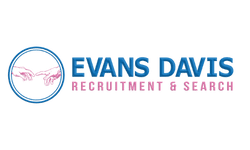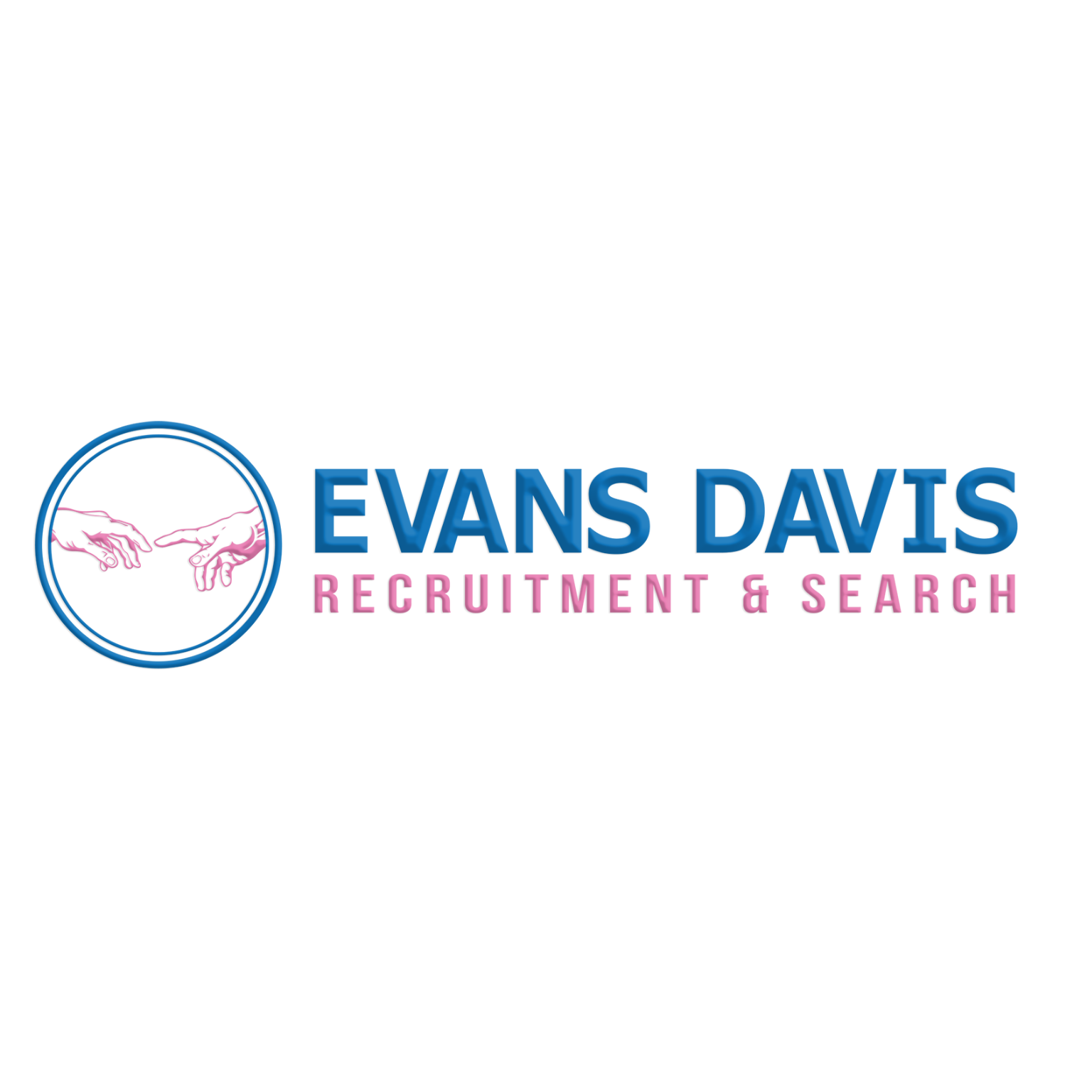We are often asked, when is it the right time to move? When considering a career move, there are usually several factors involved, which can be split into either:
- Pushes – Things you don’t like about your current employer or job;
- Pulls – Things you find attractive about a potential future employer or position.
Even if we have an excellent relationship with our employer, little things start to frustrate us, which build up over time, and we don’t act until it gets to a point the pushes are pushing us out the door.
Most people’s career moves are driven by Pushes.
The obvious problem with this is that we can often accept a position simply because we want to leave where we are, not because of how compelling the other offer is.

OK, that’s great, but I’m happy where I am. Why would I consider moving?
We don’t know what we don’t know, so it comes down to whether or not there is a significantly better alternative.
I’ve broken down the key considerations depending on what stage you are in your career, have focused on business services and limited it to the first 7 years for this.
As a side note, if you love your work, but the culture is not right, there will always be a firm that completes similar work and can offer you a culture you will thrive in.
0-6 Months
In your first 6 months, we are just trying to work out if we like the nature of the work.
Unless there is something about the culture, the people you work with, or you really don’t enjoy the work. You should give it at least 6 months.
The main reason is that the best job you could get with less than 6 months’ experience is likely to be your job.
6-12 Months
At the 6-12 months mark, we need to start considering more the nature of the work (an experience you are gaining), access to training and development and how that could compare to other opportunities.
As a guide, if you are working in business services in an accounting firm in Australia, you can expect as a minimum from most employers:
- Financial support to complete the CA;
- Experience working on businesses with revenue between 0-10M;
- $50-60K.
If the above is not true, you should try to see what is available in the market.
If the above is true, then you should only consider moving for a very compelling reason, which would be:
- Master classes for the CA and a firm which has multiple people completing the CA at the same time;
1- 3 Years of Experience
At this stage in your career, you should be partway through your CA, and if you are not working on businesses over 2M, you need to be.
In addition to the above, most firms will offer people the following:
- Financial support to complete the CA;
- Experience working on businesses with revenue between 0-10M;
- Greater client management responsibilities;
- 60-70K
If the above is not true, you should try to see what is available in the market.
If the above is true, then you should only consider moving for a very compelling reason, those would be:
- Master classes for the CA and a firm which has multiple people completing the CA at the same time;
- Opportunity to work on larger clients (10M+);
Opportunity to get involved in more advisory, CFO or otherwise.
3-5 Years of Experience
In 3-5 years, this is when you are going to be in the highest demand within professional services, so if you haven’t tested the market yet, now is the time to do it.
Most people at this stage in their career will be considering:
- Move To a Larger Firm/More Complicated Clients;
- Move to Commerce;
Most firms will offer:
- Opportunity to work more autonomously and on more advisory projects;
- Opportunity to manage junior staff;
- 70-100K.
If you do have aspirations of moving to commerce, then you really need to be conscious of the fact that:
- In an accounting firm, you will be given staff management responsibilities if you have 3-5 years of experience. This is rarely true for people at the same level in commerce.
5-7 Years of Experience
Once you get to 5 years of experience, it is important to take some time to consider what you really want to do.
Specifically:
- Do you want to stay in professional services;
- Do you want to move to commerce?
If you decide to stay in professional services and have aspirations of becoming a partner or running your own practice, you need to be asking yourself:
- How likely are you to achieve that in your current firm;
It is worth having the conversation if you think it is a real possibility.
If you think it is unlikely, then it is a good idea to start having a look around even if you love where you work, the main reason being:
- There are a lot of excellent 3-5 partner firms who want to develop supervisors into partners, and this takes time.
If you do decide you want to move to commerce, then now is the time to do it.
The types of roles you should be going for are:
- Financial Accountant;
- Management Accountant;
- Commercial Analyst;
- Finance Manager.
Just be mindful of the size of the business you move into.
Everyone’s situation is different, so if you are interested in discussing any of the above, please email us at info@ed-rec.com.

